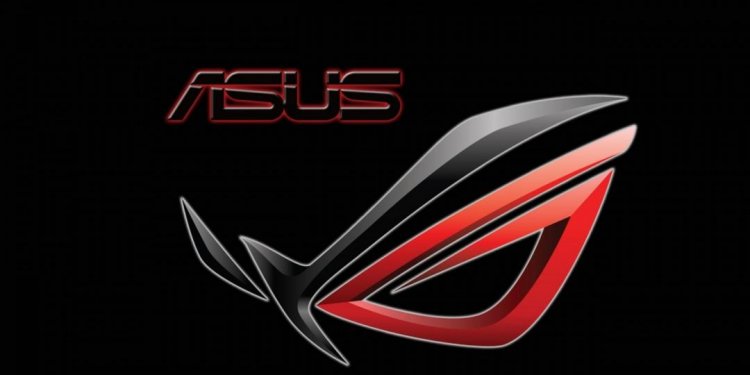
ASUS Computer Company
 If there’s one thing that nearly everyone agrees on, it’s that Apple laptops are the most reliable of the bunch. When you buy a MacBook, you know what to expect, and that rarely involves failures or returns. Part of this is due to Apple’s solid design philosophy. MacBooks, Airs, and Pros are consistently growing thinner and more powerful, but the overall design style remains the same. The aluminum frame and tightly packed electronics also likely help reduce damage and failure rates.
If there’s one thing that nearly everyone agrees on, it’s that Apple laptops are the most reliable of the bunch. When you buy a MacBook, you know what to expect, and that rarely involves failures or returns. Part of this is due to Apple’s solid design philosophy. MacBooks, Airs, and Pros are consistently growing thinner and more powerful, but the overall design style remains the same. The aluminum frame and tightly packed electronics also likely help reduce damage and failure rates.
It’s also worth noting that Apple does many of the smaller things well, too. The keyboards are snappy, pleasant to use, and nigh unbreakable under usual circumstances. The battery life of Macbooks tends to be high, too, and doesn’t suffer from swift performance drop-offs or fluctuation. Displays issues tend to be rare, and in Consumer Reports, Apple beat out nine other laptop brands when it came to needing repairs within the first three years of ownership.
MacBooks are a definite blow to your wallet, ranging from $1, 000 to $1, 600 for the most popular models. That’s a lot of money for the average laptop buyer. Despite the high price, the default warranty lasts only one year, as with other more affordable brands. But Apple has on multiple occasions offered free warranty extensions for common manufacturing issues, a practice other brands rarely emulate.
 Available at: Apple Best Buy
Available at: Apple Best Buy
Digital Trends
Dell’s work, particularly in the ultrabook field, had yielded an incredible new crop of ultraportable laptops that work great, have powerful specs, and don’t give up the ghost without a fight. If you need or prefer a PC for work or school, and want it to last for as long as possible, Dell’s machines are a great choice.
The reason Dell gets such high marks for reliability isn’t because the company’s computers never break — they have a good track record, but not as good as MacBooks — but because Dell’s customer support is the best you’ll find outside Apple’s walled garden. If something goes wrong, a quick customer service call with Dell is more likely to yield a solution, or at least a repair plan, than with other brands. Sometimes the most important factor in reliability isn’t the computer itself, but the company you are dealing with.
Related: The best laptop you can buy
Bill Roberson/Digital Trends
If you want an extra-reliable computer, but don’t want to pay too much for it, then you’ll be pleased to see that Asus also makes it on our list of the most reliable laptop brands. The company has consistently scored well in surveys, though it usually doesn’t take top marks.
Asus computers tend to be sleeker and lighter than a lot of brands on the market, so if you are less interested in a desktop replacement and more interested in a portable option, this is the path to follow. Asus also tends to lean toward extremes, with laptops of many varying sizes. There’s a good deal of experimentation and joint ventures in this brand, which makes it an interesting option to explore.
Asus achieves ultrabook enlightenment with the near-perfect Zenbook UX305
The downside to Asus is its customer support, which is hit-or-miss. The company receives average to below-average marks in customer service surveys we’ve seen. Web support is a particular sore spot. Navigating the Asus website can be confusing — though the company is not the worst in this regard.
Available at: Amazon Asus Newegg
A look at warranties
When it comes to repairs and malfunctions, one of the most important computer components is that warranty document. So, what’s the deal with warranties today? Basically, don’t worry about them.
Extended warranties, as a general rule, exist to make extra money for companies. Buying one doesn’t tend to do much good — only about 8 percent of people who have extended warranties ever use them, according to Consumer Reports. Also, the normal warranty that comes with a new machine is likely to cover around 75 percent of common repairs or problems anyway.















